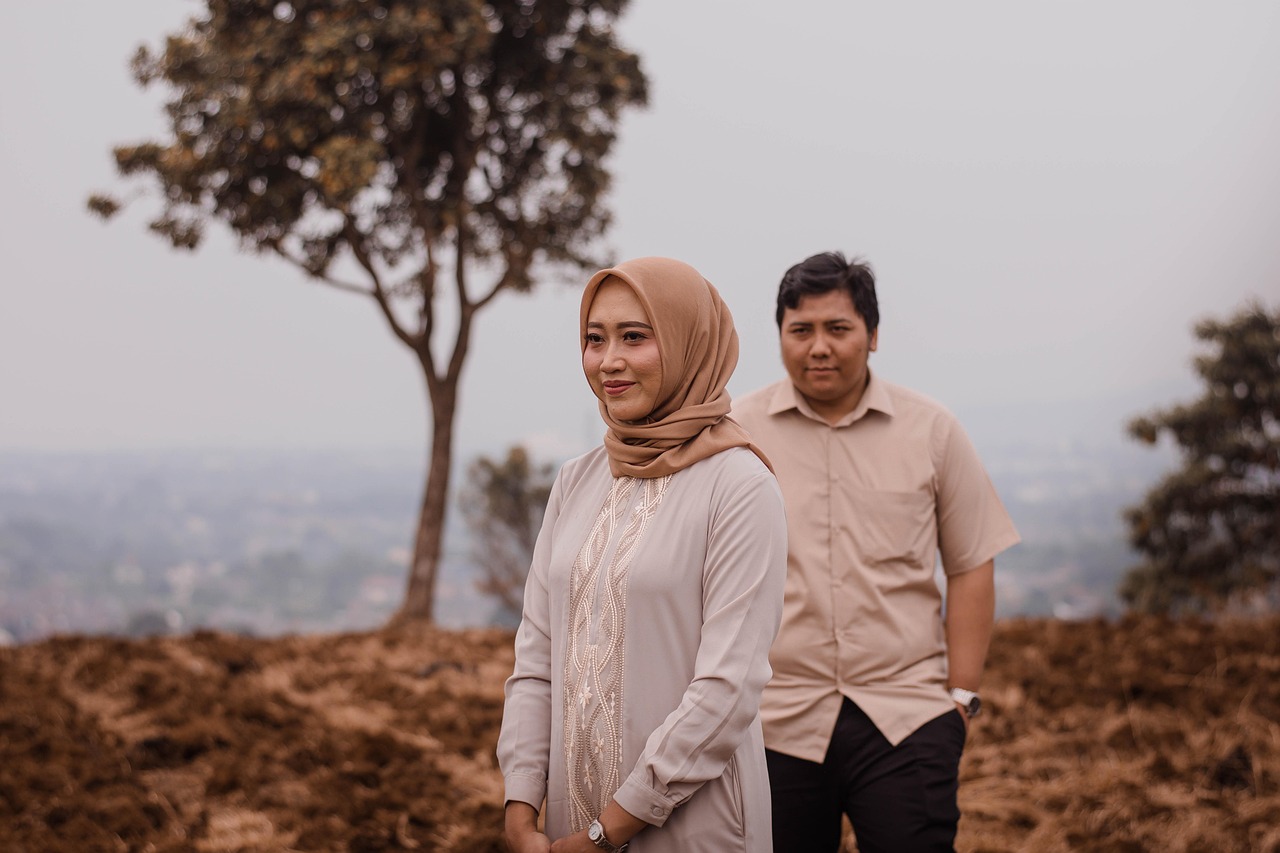Dating reality TV shows have become a cultural phenomenon, offering viewers a glimpse into the often-dramatic, sometimes heartwarming, and always highly edited world of finding love. From matchmaking competitions to exotic retreats, these shows captivate audiences with their promise of connection and entertainment. But what’s the real deal behind the cameras, and how can viewers navigate the complexities of love, relationships, and reality TV? Let’s delve into the world of dating reality shows.
The Appeal of Dating Reality Shows
Voyeurism and Relatability
One of the primary reasons dating reality shows are so popular is the voyeuristic thrill they provide. Viewers get to peek into the lives and relationships of others, experiencing the highs and lows of dating without the personal risk. This entertainment factor is significant, fueled by our innate curiosity about human connection.
Many viewers find aspects of these shows surprisingly relatable. While the circumstances are often amplified, the core issues of love, rejection, jealousy, and competition are universal experiences. Watching others navigate these challenges can be both comforting and insightful.
The Promise of Love and Romance
At its heart, the appeal of dating reality shows rests on the promise of finding love. The format typically involves a group of attractive singles vying for the attention of one or two central figures, creating a sense of anticipation and romantic possibility.
Example: The Bachelor and The Bachelorette thrive on this element. Week after week, viewers tune in to see if their favorite contestant will receive a rose, signifying their continued chance at love.
Escapism and Entertainment
Dating reality shows offer a form of escapism, transporting viewers to luxurious locations and introducing them to intriguing personalities. The inherent drama, often amplified by strategic editing and producer intervention, makes for compelling entertainment. The show acts as a type of dramatic soap opera for the reality TV obsessed.
Example: Love Island, with its stunning villas and attractive contestants, provides the perfect backdrop for a summer of romance and drama, drawing in millions of viewers worldwide.
The Production of “Reality”
Selective Editing and Narrative Construction
It’s crucial to remember that dating reality shows are heavily edited and produced. The footage is carefully curated to create specific narratives, often emphasizing conflict and drama over genuine connection. Hours of filming are condensed into short episodes, leaving out crucial context and potentially misrepresenting contestants’ actions.
Takeaway: Don’t take everything at face value. Remember that the “reality” presented is a constructed narrative designed to maximize entertainment.
Producer Intervention and Manipulation
Producers often play a significant role in shaping the storyline. They may encourage certain behaviors, orchestrate specific interactions, or even outright suggest lines for contestants to say. This manipulation is designed to create more compelling television, but it can have a significant impact on the participants and their relationships.
Example: Former contestants have revealed that producers sometimes plant ideas in their heads or encourage them to pursue certain relationships, regardless of their genuine feelings.
The Impact on Contestants
Appearing on a dating reality show can have both positive and negative consequences for contestants. Some may gain fame, launch careers, and find genuine love. Others may face online harassment, damage to their reputation, and emotional distress.
- Benefits: Increased social media following, brand partnerships, career opportunities, potential for finding love.
- Risks: Online bullying, negative media attention, emotional trauma, difficulty readjusting to normal life.
Navigating the World of Dating Reality
Developing Media Literacy
To enjoy dating reality shows responsibly, it’s important to develop media literacy skills. This involves critically evaluating the information presented, recognizing the role of editing and production, and understanding the potential impact on contestants.
Tips for media literacy:
-
Be aware of editing: Pay attention to how scenes are cut and how dialogue is presented.
-
Consider the source: Remember that reality TV is primarily entertainment, not a documentary.
-
Seek multiple perspectives: Read interviews with contestants and behind-the-scenes accounts to gain a more balanced view.
Recognizing Unhealthy Relationship Dynamics
Dating reality shows often portray unhealthy relationship dynamics, such as jealousy, possessiveness, and manipulation. Viewers should be able to recognize these behaviors and understand that they are not indicative of healthy relationships.
Examples of unhealthy dynamics:
- Love triangles that become overly dramatic and competitive.
- Contestants isolating their partner from others.
- Public shaming or humiliation.
Takeaway: Use these shows as an opportunity to learn about healthy and unhealthy relationship patterns.
Setting Realistic Expectations
It’s crucial to remember that dating reality shows are not representative of real-world dating. The accelerated timelines, intense competition, and constant scrutiny create an artificial environment that is not conducive to building lasting relationships. Setting realistic expectations about love and dating is essential.
Actionable advice: Don’t compare your own dating experiences to what you see on TV. Focus on building genuine connections and fostering healthy relationships in your own life.
The Future of Dating Reality
Evolving Formats and Trends
Dating reality shows are constantly evolving, with new formats and trends emerging to cater to changing audience preferences. Some recent trends include:
-
More inclusive casting: Shows are increasingly featuring contestants from diverse backgrounds and with different body types.
-
Focus on self-love and personal growth: Some shows are incorporating elements of therapy and self-reflection, encouraging contestants to prioritize their well-being.
-
Experimentation with technology: Shows are using social media and dating apps to enhance the dating experience.
The Rise of Social Media Engagement
Social media plays a crucial role in the success of dating reality shows. Viewers can engage with contestants, share their opinions, and influence the storyline through online polls and discussions. This interaction creates a sense of community and enhances the viewing experience.
Takeaway: Social media allows for a more immersive and interactive viewing experience, but it also amplifies the potential for online harassment and negativity.
The Impact on Dating Culture
Dating reality shows undoubtedly have an impact on dating culture. They can influence viewers’ perceptions of ideal relationships, dating behaviors, and even physical attractiveness. It is important to be aware of these influences and to critically evaluate the messages that these shows convey.
Actionable advice: Use dating reality shows as a conversation starter to discuss your own values and beliefs about love and relationships.
Conclusion
Dating reality shows offer a unique blend of entertainment, escapism, and voyeurism. While they can be highly engaging and even insightful, it’s crucial to approach them with a critical eye. Understanding the role of production, recognizing unhealthy relationship dynamics, and setting realistic expectations are essential for navigating the world of dating reality responsibly. As the genre continues to evolve, viewers must develop media literacy skills and remain mindful of the potential impact on their own perceptions of love and relationships. Ultimately, remember that what you see on screen is a carefully constructed narrative, not a true reflection of reality.




